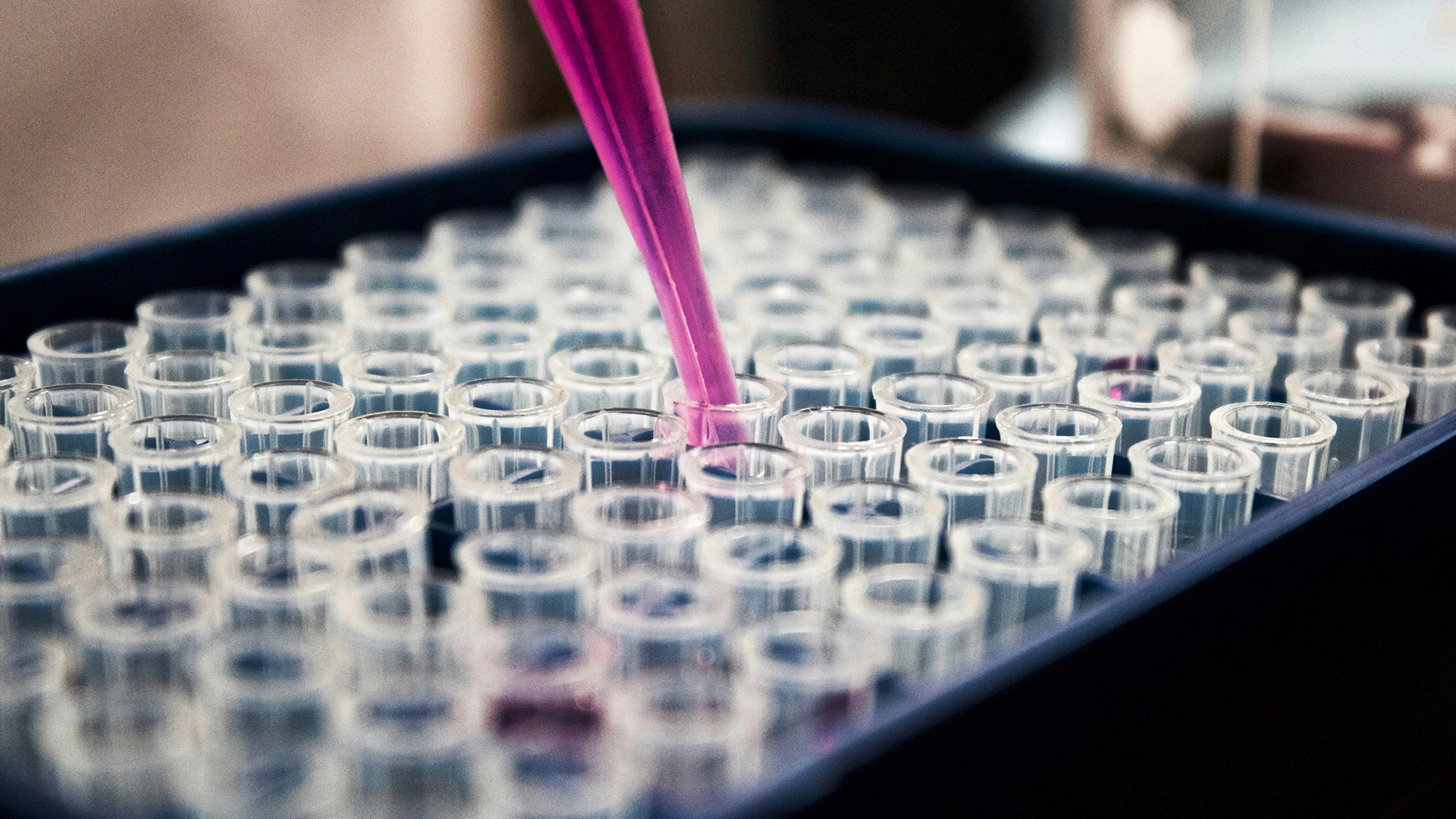
Image by Luis Reed, from Unsplash
DNA Screening Under Threat As AI Designs Undetectable Toxins
Microsoft researchers reported that AI could be used to create dangerous biological threats by tricking DNA screening systems.
In a rush? Here are the quick facts:
- Generative AI can design both beneficial and harmful proteins.
- Microsoft’s EvoDiff model helped redesign toxins to evade detection.
- Researchers conducted tests digitally, avoiding creation of real toxins.
DNA screening systems are safeguards meant to block people from ordering genetic material that could be used to produce toxins or pathogens. But a team led by Microsoft’s chief scientist, Eric Horvitz, revealed in Science that they managed to bypass the protections in a way never before identified.
The team conducted experiments with generative AI systems which created brand-new protein structures. Such systems are helping drug companies search for cures, but researchers say they are “dual use,” which means that they are capable of producing both useful and harmful molecules.
Microsoft initiated testing of this risk during 2023 to determine if “adversarial AI protein design” would allow bioterrorists to create dangerous proteins.
To carry out the test, they used protein models, including Microsoft’s EvoDiff, to subtly redesign toxins so they could slip past screening software while keeping their harmful functions intact. The researchers stressed that their work was digital only, saying they “never produced any toxic proteins” to avoid any suggestion of bioweapons development, as reported by MIT Tech Review.
The researchers performed the test by using protein models including Microsoft’s EvoDiff to create modified toxins, which could evade screening software yet maintain their toxic properties.
“The patch is incomplete, and the state of the art is changing. But this isn’t a one-and-done thing. It’s the start of even more testing,” said Adam Clore of Integrated DNA Technologies, a coauthor of the study, as reported by MIT. “We’re in something of an arms race,” he added.
Dean Ball, a fellow at the Foundation for American Innovation, warned: “This finding, combined with rapid advances in AI-enabled biological modeling, demonstrates the clear and urgent need for enhanced nucleic acid synthesis screening procedures coupled with a reliable enforcement and verification mechanism,” as reported by MIT
Others are more skeptical. Michael Cohen, an AI-safety researcher at UC Berkeley, argued: “The challenge appears weak, and their patched tools fail a lot.” He said defenses should be built into AI systems themselves.


 Previous Story
Previous Story

 Latest articles
Latest articles 